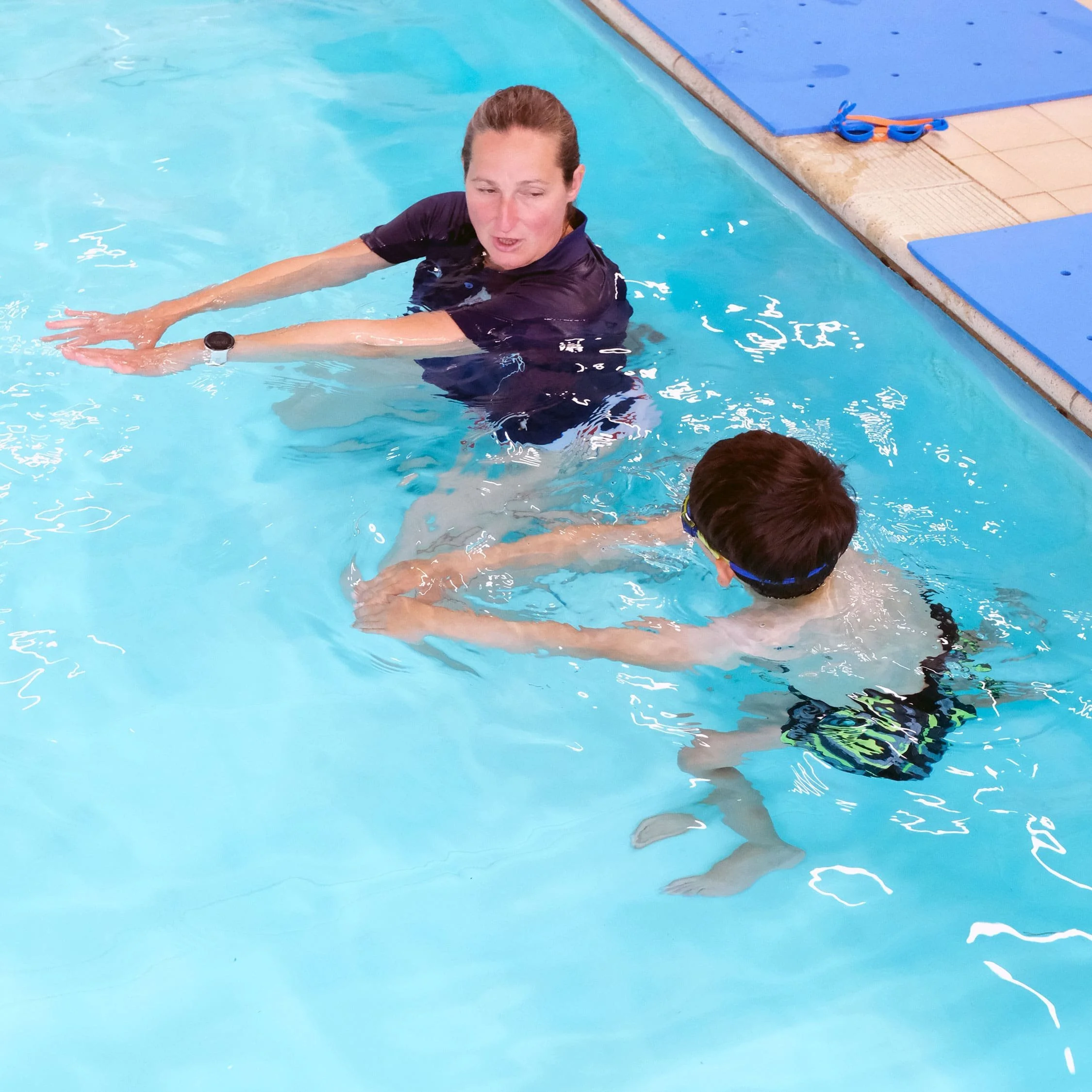Strategic Plan – Kernow Lighthouse CIC
Strategic Plan – Kernow Lighthouse CIC
Mission Statement
We exist to provide inclusive, affordable swimming lessons and water safety experiences for individuals with special educational needs and disabilities (SEND). Our aim is to create welcoming, empowering environments where every participant—and their family—feels supported, safe, and included.
Vision Statement
We envision a future where SEND individuals have equal, consistent, and welcoming access to swimming and water-based experiences. Our goal is to develop a dedicated, inclusive facility—ideally our own swimming pool and community site—where both children and adults can engage in water-based activities in a setting that recognises and responds to their needs.
We aim to work in partnership with Area Resource Bases (ARBs), special schools, and County Councils to provide consistent swimming opportunities that many SEND learners currently miss. Many of the individuals supported through these settings have Education, Health and Care Plans (EHCPs), and our services are designed to complement their broader developmental and safety needs.
For individuals with physical disabilities, water offers therapeutic value and freedom; for neurodivergent individuals, especially those with autism, water can be both sensory-rich and high-risk. By providing tailored water safety and swimming instruction, we help prevent harm while enhancing well-being.
Long-term, we hope to integrate wider community activities—like yoga, art, or family support groups—to build a truly holistic service.
Core Values
1. Person-First Respect
We see the individual, not the diagnosis. Every person using our services is valued—because they are human beings who deserve dignity, opportunity, and equal access.
2. Safety and Belonging
We create spaces where participants and their families feel physically safe, emotionally supported, and truly welcomed.
3. Understanding of Neurodiversity
Our team are trained to understand and support neurodivergent individuals through positive communication and inclusive practices.
4. Proactive Problem-Solving
We approach challenges with a “can-do” mindset: if we don’t yet know the solution, we’ll work to find one.
5. Whole-Family and Community Support
Our support extends beyond the individual—we also care for carers, siblings, and the wider SEND community.
6. Specialist Compassion
We offer professional, responsive care that meets each person’s needs in an informed, empathetic way.
Strategic Objectives
1. Service Delivery Goals
Provide consistent, high-quality weekly swimming and water safety sessions.
Structure sessions similarly to our mainstream swim school for familiarity and clarity.
Offer additional opportunities such as holiday swim programmes and family sessions.
2. Partnership & Community Goals
Partner with local ARBs, SEND schools, and County Councils.
Work in synergy with our mainstream swim school (Squidlets).
Build funder and network relationships to sustain and grow provision.
Focus on quality of service, even if that limits total reach.
3. Financial Sustainability Goals
Operate sustainably—cover staff costs, pay swim teachers fairly, and eventually support director time.
Raise income via fees, local authority support, grants, and commercial hires.
Account for and manage pool hire fees and eventual pool running costs.
Reinvest all surplus into service improvements and expanding reach.
4. Infrastructure & Growth Goals
Seek to own or develop a dedicated, inclusive, and eco-friendly swimming facility.
Engage with Section 106 agreements, developers, and pharmaceutical companies for capital investment.
Retain ownership within the CIC to ensure long-term community value.
Monitoring & Evaluation
Success Indicators
Participants become more confident, independent, and water-safe.
Families feel included, supported, and less isolated.
Children gain access to environments that support mobility and regulation.
Evaluation Methods
A maintained comments book at sessions (including direct and emailed feedback).
Regular personal conversations with participants and families.
Instructor observations and notes on individual progression.
Occasional case studies and testimonials.
Tracking participation, retention, and attendance.
Review Schedule
Continuous informal feedback.
End-of-block reviews.
Annual reflection and reporting for planning and funders.
Digital Outreach & Community Engagement
We actively use Facebook, LinkedIn, and our websites (for both the CIC and Squidlets) to share updates, celebrate progress, and connect with the community. Examples include:
Staff training highlights, such as Makaton introductions
Supporting participant-led fundraising efforts
Promoting inclusive values and sharing testimonials
This ongoing online presence helps reinforce trust, visibility, and community support.
Safeguarding & Risk Management Summary
We are committed to upholding the highest standards of safeguarding. All staff undergo enhanced DBS checks and relevant training. Our approach is risk-aware but not risk-averse—offering a supportive, safe experience tailored to each individual’s needs. Risk assessments are carried out for all activities, with special attention given to sensory, mobility, and behavioural needs.
Last Updated May 2025


